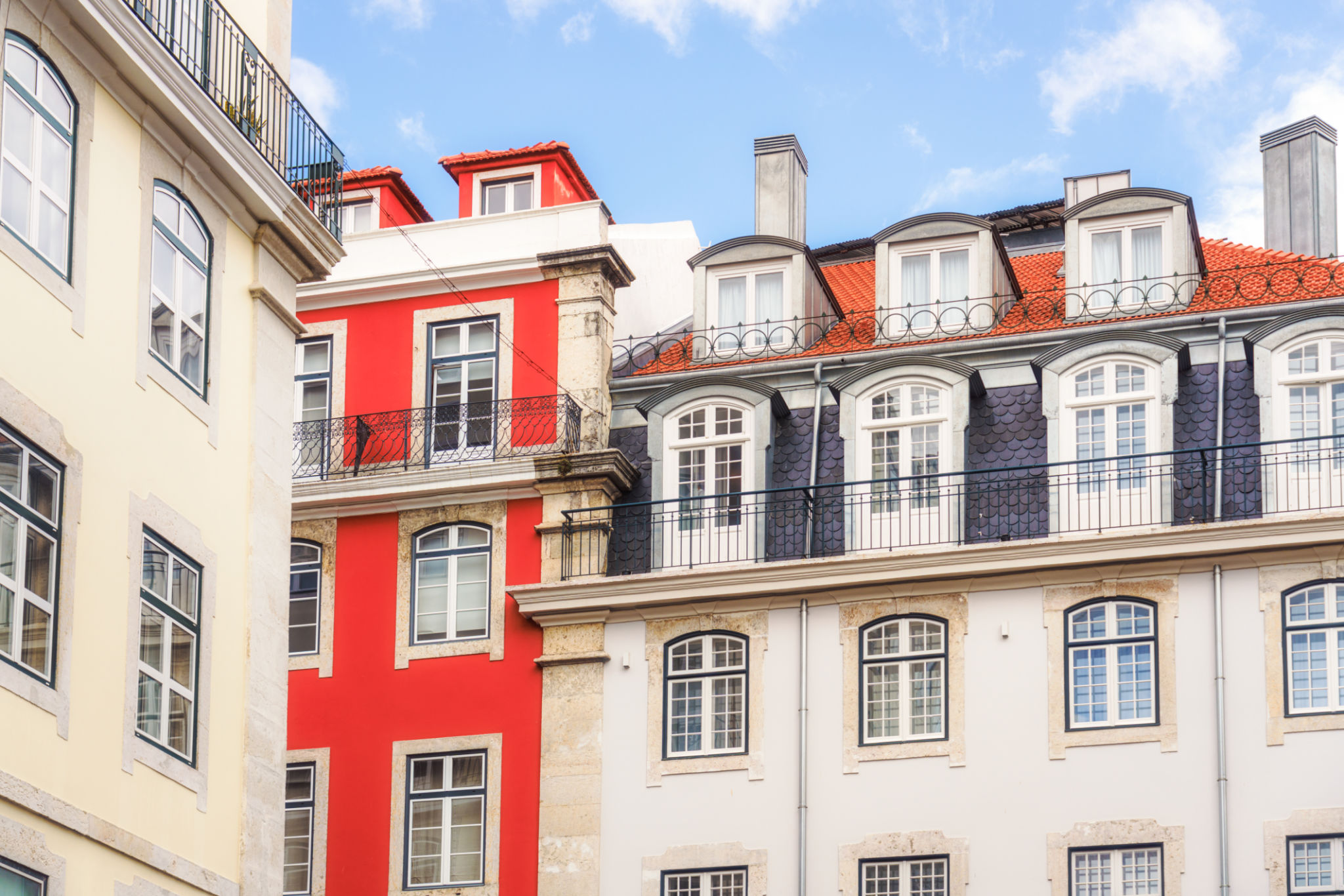A Comprehensive Guide to Buying Property in Portugal: What Foreigners Need to Know
Understanding the Portuguese Property Market
Portugal has become a highly attractive destination for property investment, offering a blend of picturesque landscapes, cultural richness, and economic stability. Whether you're considering a retirement home, a vacation retreat, or an investment opportunity, understanding the nuances of the Portuguese property market is crucial. The market has seen steady growth, driven by factors such as tourism, the Golden Visa program, and favorable tax regimes for foreign investors.

Research and Legal Considerations
Before diving into the property market, it's essential to conduct thorough research. Familiarize yourself with different regions and their respective property values. Lisbon and Porto are popular urban choices, while the Algarve region is renowned for its scenic beauty and luxury villas. It's advisable to seek legal advice from a lawyer proficient in Portuguese property law to navigate any legal complexities.
Foreigners can buy property in Portugal without any restrictions. However, understanding the legal framework is necessary to avoid pitfalls. Engaging a local real estate agent can also provide invaluable insights and assist in negotiations.
The Buying Process
The process of buying property in Portugal typically involves several stages. Initially, potential buyers need to obtain a Portuguese tax identification number (NIF), which is required for all property transactions. This can be done through the local tax office or with the help of a legal representative.

The next step involves signing a promissory contract with the seller, which outlines the terms of sale and includes a deposit payment, usually around 10-30% of the property's value. This contract is legally binding, ensuring both parties are committed to the transaction.
Financing Options
For many foreigners, financing their property purchase through a mortgage is a viable option. Portuguese banks offer mortgage services to non-residents, though the terms may vary. Typically, banks provide financing up to 70% of the property's value for non-residents, subject to credit assessment.
It's crucial to compare different lenders and mortgage products to find the best deal. Consulting with a financial advisor familiar with Portuguese banking can be beneficial in securing favorable terms.
Understanding Taxes and Fees
Buying property in Portugal involves various taxes and fees that potential buyers should be aware of. The primary expenses include:
- IMT (Property Transfer Tax): The rate varies depending on the property's value and location.
- Stamp Duty: A fixed rate of 0.8% on the property's purchase price.
- Notary and Registration Fees: These cover the administrative costs of transferring ownership.

Living in Portugal
Once you've secured your property, enjoying life in Portugal comes with many benefits. The country boasts a high quality of life, with excellent healthcare services, a warm climate, and a welcoming community. Learning some basic Portuguese can enhance your experience and integration into local society.
Foreign property owners also have access to Portugal's favorable tax regime under the Non-Habitual Resident (NHR) program, which offers significant tax reductions for a period of ten years.
Conclusion
Purchasing property in Portugal can be a rewarding investment, offering both personal enjoyment and financial benefits. By understanding the market dynamics, legal requirements, and financial implications, foreign buyers can make informed decisions and successfully navigate the Portuguese property landscape.